For decades, redistricting in Los Angeles has been something of a blood sport.
The once-a-decade drawing of new boundaries for the City Council’s 15 districts has resulted in power plays, self-dealing and even some score-settling at City Hall. That’s because the redistricting process has been largely overseen by the very people who stood to benefit from it: the council members themselves.
Council members, both directly and through their political appointees, have tried to ensure that the maps were drawn in ways that would help them win reelection. They also sought to include certain “economic assets” — airports, parkland, educational institutions and commercial areas — within their own districts.
At times, council members have fought over who would get those assets. They also have drawn districts in ways that, intentionally or not, wounded their adversaries politically.
In 1986, for example, the City Council almost completely wiped out the Hollywood Hills district of Councilmember Joel Wachs, pushing it deep into the San Fernando Valley. Wachs, who was not well-liked by certain colleagues, nevertheless landed on his feet, winning reelection after he assiduously wooed his new constituents.
Yet L.A.’s most controversial redistricting may have been the most recent one, thanks in large part to a secretly recorded conversation involving three council members and a high-profile labor leader. That scandal reignited the push for an independent redistricting commission — and the creation of Charter Amendment DD, which goes before Los Angeles voters in the Nov. 5 election.

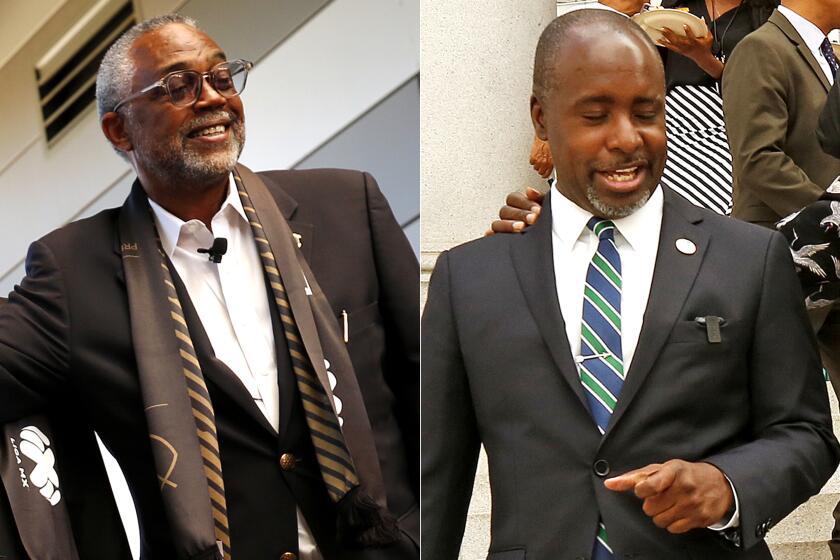


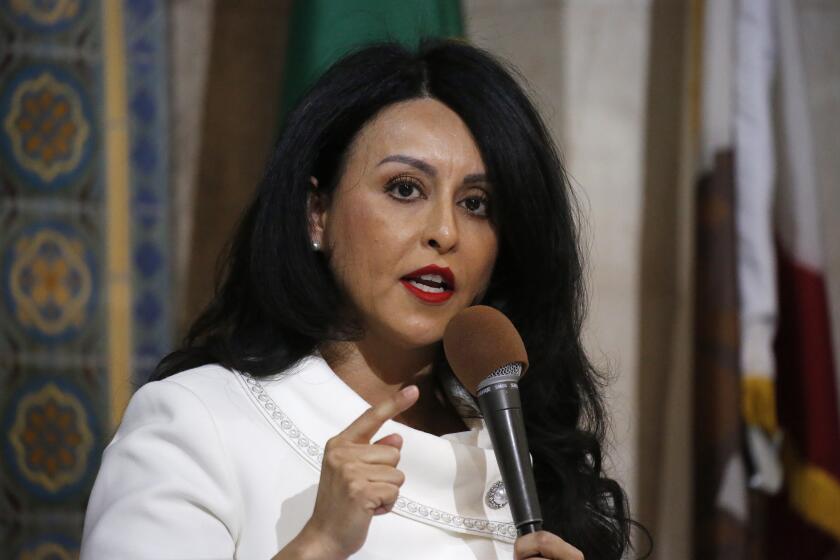
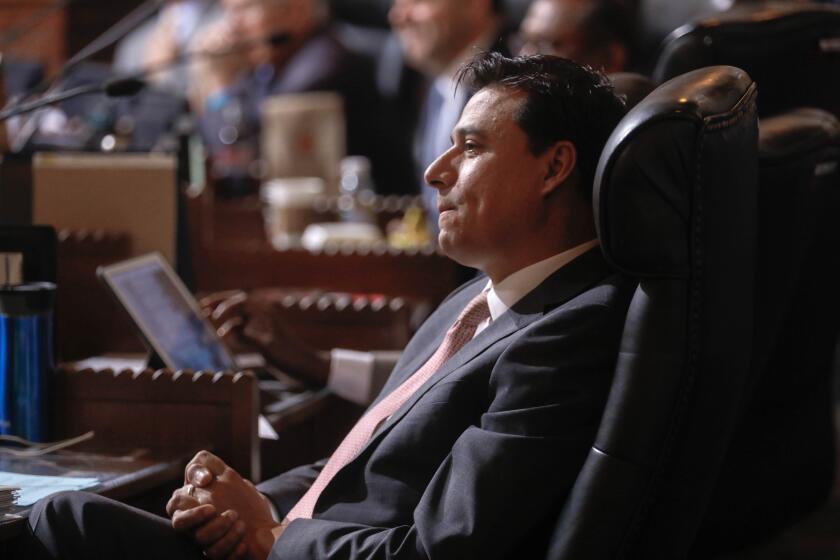

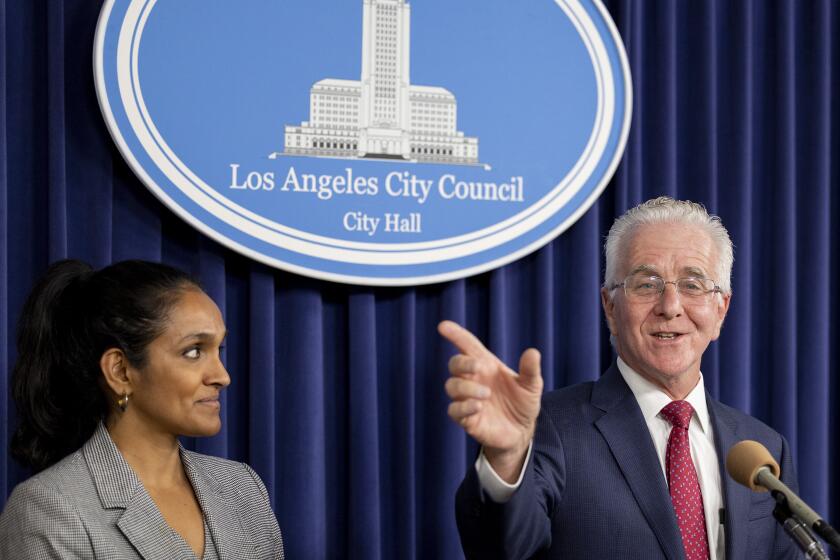
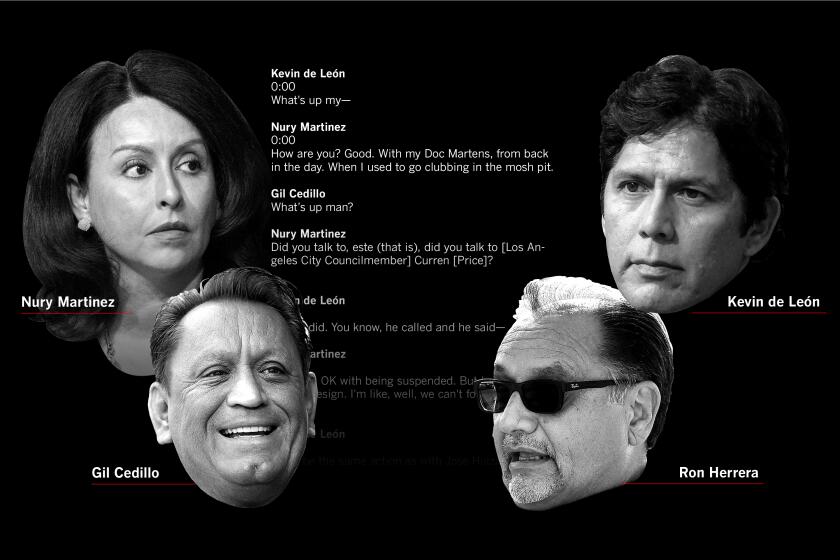
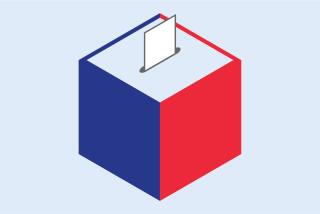
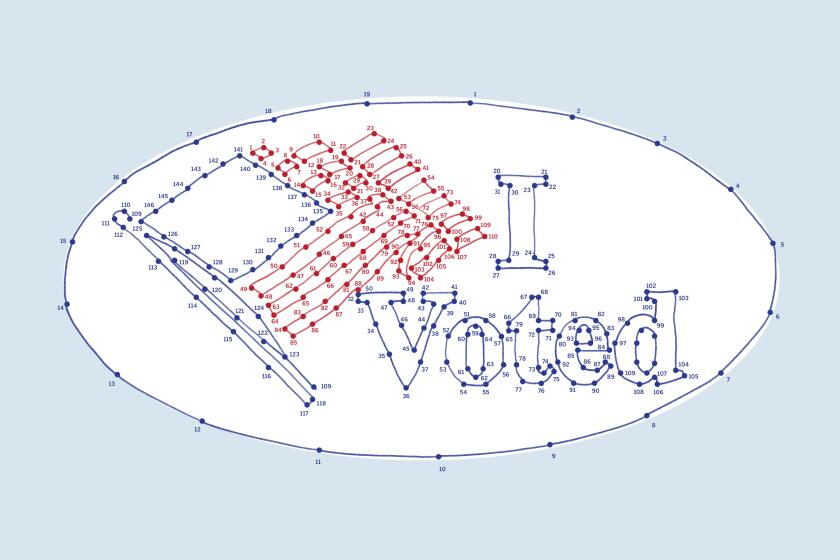

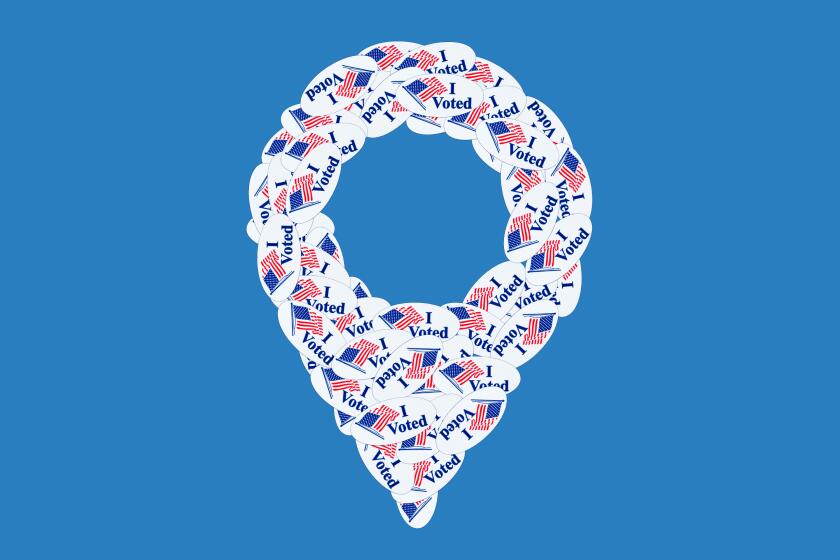

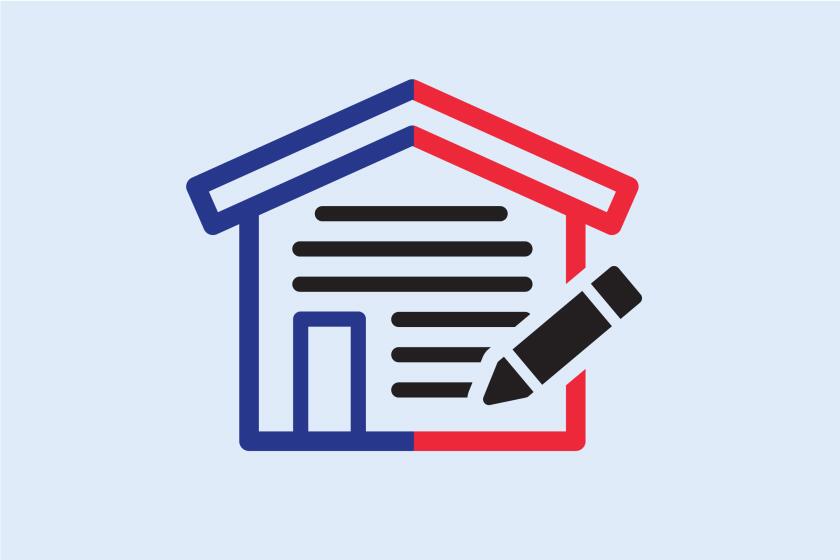




![[20060326 (LA/A20) -- STATING THE CASE: Marchers organized by unions, religious organizations and immigrants rights groups carry signs and chant in downtown L.A. "People are really upset that all the work they do, everything that they give to this nation, is ignored," said Angelica Salas of the Coalition of Humane Immigrant Rights. -- PHOTOGRAPHER: Photographs by Gina Ferazzi The Los Angeles Times] *** [Ferazzi, Gina -- - 109170.ME.0325.rights.12.GMF- Gina Ferazzi/Los Angeles Times - Thousands of protesters march to city hall in downtown Los Angeles Saturday, March 25, 2006. They are protesting against House-passed HR 4437, an anti-immigration bill that opponents say will criminalize millions of immigrant families and anyone who comes into contact with them.]](https://ca-times.brightspotcdn.com/dims4/default/34f403d/2147483647/strip/true/crop/1983x1322+109+0/resize/840x560!/quality/75/?url=https%3A%2F%2Fcalifornia-times-brightspot.s3.amazonaws.com%2Fzbk%2Fdamlat_images%2FLA%2FLA_PHOTO_ARCHIVE%2FSDOCS%2854%29%2Fkx3lslnc.JPG)











